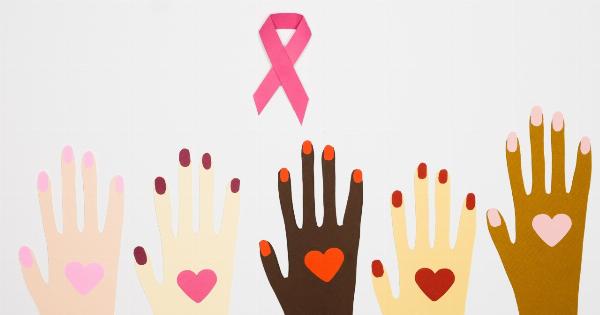Heart arrhythmia is a condition that affects the normal rhythm of the heart. It can cause the heart to beat too fast, too slow, or irregularly. The condition is often benign and can be treated effectively with medication.
However, recent studies have suggested that there may be a link between heart arrhythmia and cancer. In this article, we will explore this connection in more detail.
What is Heart Arrhythmia?
Heart arrhythmia, also known as cardiac arrhythmia, is a condition that affects the rhythm of the heart. It occurs when the electrical impulses that control the heartbeat are disrupted or become irregular.
This can cause the heart to beat too fast (tachycardia), too slow (bradycardia), or irregularly (atrial fibrillation).
Heart arrhythmia is a common condition. According to the American Heart Association, over 2 million Americans have some form of arrhythmia.
While most cases of arrhythmia are benign, some can be life-threatening and may lead to complications such as stroke or heart failure.
What is Cancer?
Cancer is a condition that occurs when cells in the body begin to grow and divide uncontrollably. These cells can form tumors, which can then spread to other parts of the body.
There are many different types of cancer, each with its own set of symptoms and treatments.
Cancer is a serious condition that affects millions of people around the world. According to the World Health Organization, cancer is the second leading cause of death globally, responsible for an estimated 9.6 million deaths in 2018.
The Link Between Heart Arrhythmia and Cancer
In recent years, there has been growing evidence to suggest that there may be a link between heart arrhythmia and cancer.
Several studies have shown that people with certain types of cancer, such as lung cancer or breast cancer, are more likely to develop heart arrhythmia than those without cancer.
One study, published in the European Heart Journal in 2013, found that patients with lung cancer were more likely to develop atrial fibrillation than those without cancer.
Another study, published in the Journal of the American Heart Association in 2017, found that breast cancer survivors had a higher risk of developing atrial fibrillation and ventricular tachycardia than women without cancer.
While the exact cause of the link between heart arrhythmia and cancer is not yet clear, there are several theories. One theory is that cancer may disrupt the normal functioning of the heart, leading to arrhythmia.
Another theory is that the treatments for cancer, such as chemotherapy or radiation therapy, may increase the risk of developing arrhythmia.
How to Reduce Your Risk of Heart Arrhythmia and Cancer
There are several things you can do to reduce your risk of developing heart arrhythmia and cancer. These include:.
1. Maintaining a healthy lifestyle
A healthy lifestyle can help reduce your risk of developing many health conditions, including heart arrhythmia and cancer.
This includes eating a balanced diet, exercising regularly, maintaining a healthy weight, and avoiding smoking and excessive alcohol consumption.
2. Getting regular check-ups
Regular check-ups with your doctor can help detect any health problems early on, including heart arrhythmia and cancer. This can improve your chances of successful treatment and recovery.
3. Following your cancer treatment plan
If you have been diagnosed with cancer, it is important to follow your treatment plan as recommended by your doctor. This can help reduce your risk of developing complications such as heart arrhythmia.
4. Managing stress
Stress has been linked to a higher risk of heart arrhythmia and cancer. By managing your stress levels, you can help reduce your risk of developing these conditions. This may include techniques such as meditation, yoga, or deep breathing exercises.
Conclusion
While more research is needed to fully understand the link between heart arrhythmia and cancer, it is clear that there is a connection between the two conditions.
If you have been diagnosed with cancer, it is important to be aware of your risk of developing heart arrhythmia and to take steps to reduce this risk. By maintaining a healthy lifestyle, getting regular check-ups, and following your treatment plan, you can help protect your heart and overall health.






























